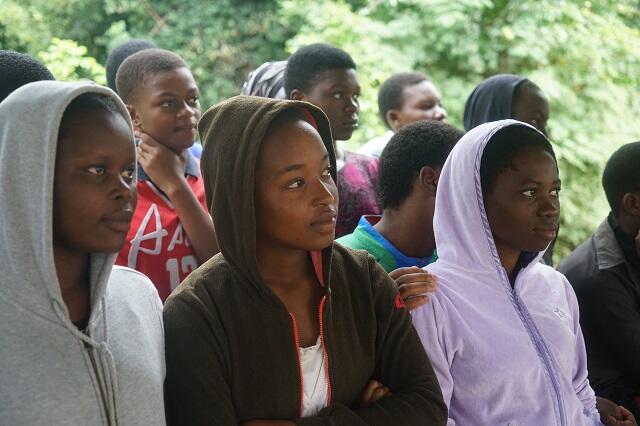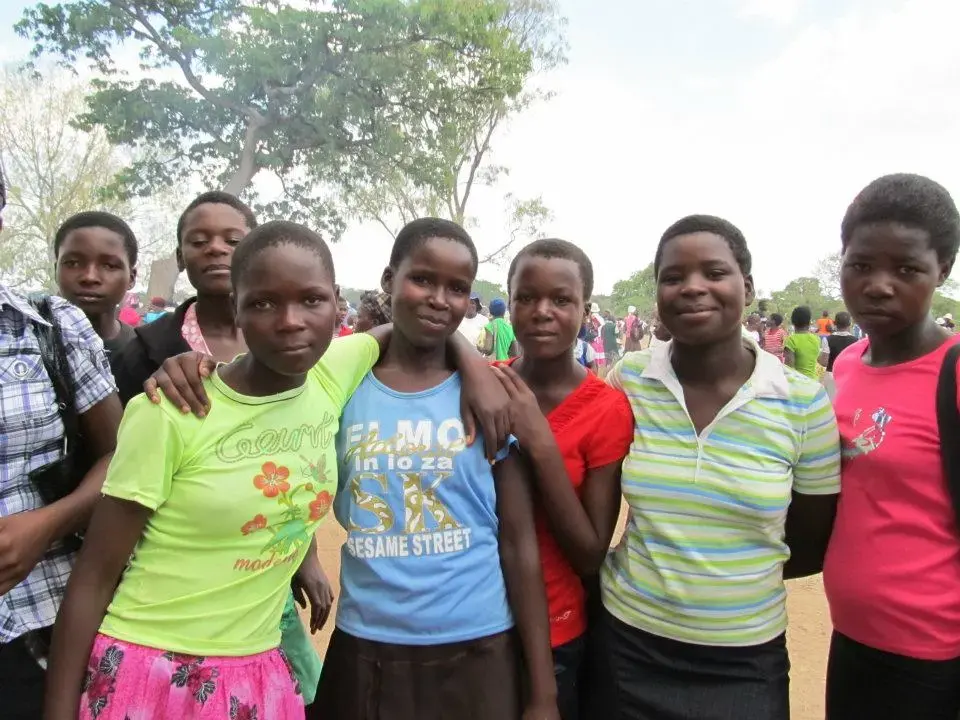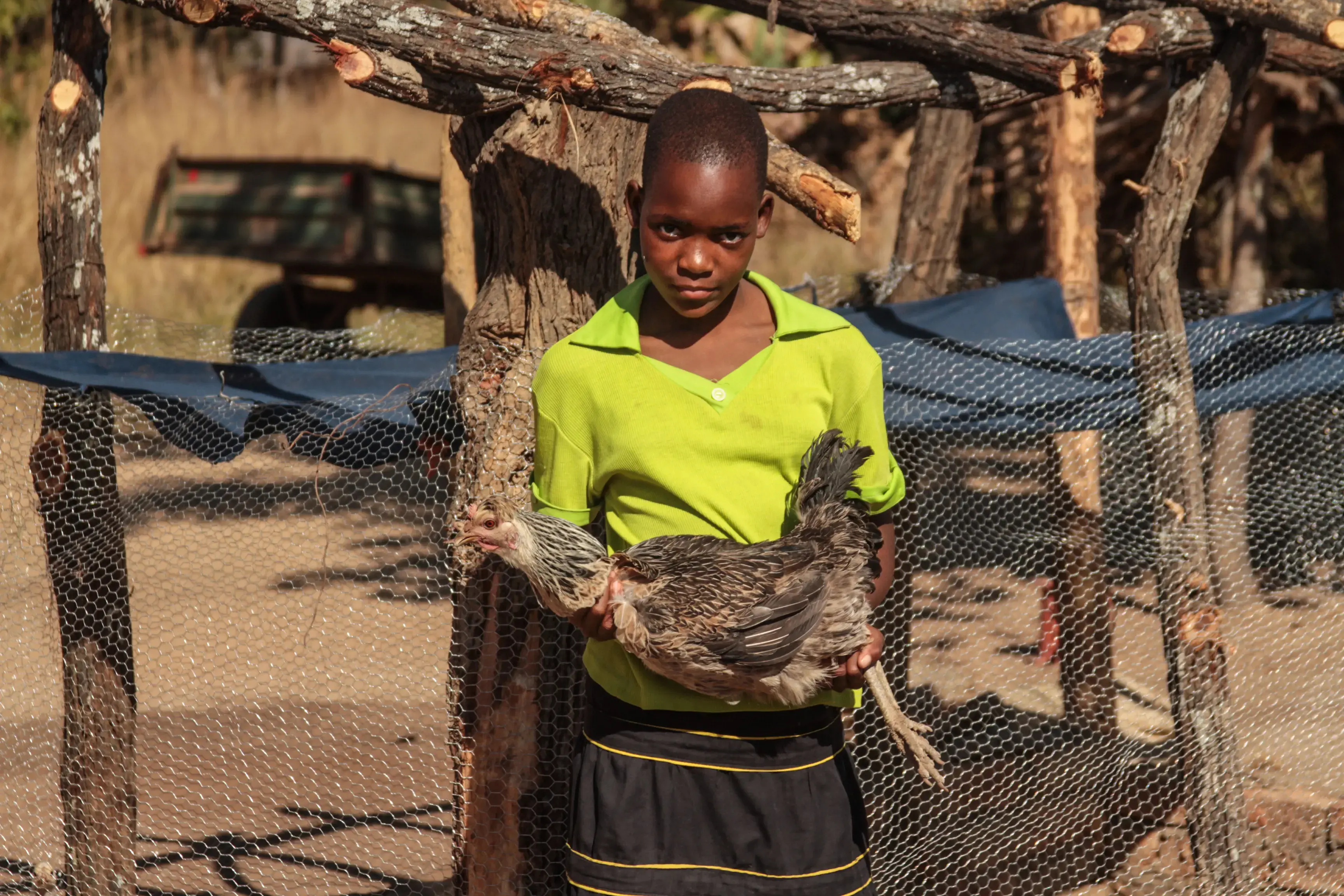“Girls in our community have very limited knowledge about their sexual and reproductive health,” says Confidence Dube (17) from Bulilima. “We have information on cultural expectations that the community has on us but it these are not always good.” These expectations include that as long as a boy wants to sleep with a girl, she is expected to agree, even in the absence of condoms.
In her community, she says, it is common for girls to engage in sexual activities without much knowledge on how to keep themselves safe. As a result, they get pregnant early and leave school, some of them enter into early marriages. “It is difficult to talk to girls about abstinence because they believe it is the choice of the boy to decide whether or not to have sex,” she says. Confidence adds that most girls in her community are more concerned about pleasing boys and men over their own safety. As such, this forces them to engage in relationships without considering the risks.
Since joining the Parent Child Communication (PCC) as an adolescent participant, Confidence is learning that there is a significant difference between the knowledge that she has gained through the programme and what other girls outside of the PCC programme know. “Some girls in my community drop out of school because they fall pregnant and some of them fall pregnant for the second time with a different man,” says Confidence with concern. “In PCC, we have been taught about the importance of knowing how to protect ourselves from pregnancy and diseases.”
After realising that PCC is helping her and other girls with important information on abstinence and safer sexual practices and, Confidence has taken it upon herself to educate other girls in her community. She says she has shared what she has learnt with friends and cousins. She also now finds it easier to talk to her parents about issues of this nature, and this in turn has greatly improved her relationship with them.
“Before PCC, we did not have an opportunity to sit down and discuss these issues with our parents, but the programme has helped us communicate better,” she observes.
Confidence is currently practising abstinence and says she does not feel that she is 'missing out'. Her plans for her immediate future include proceeding to A' Level and pursuing studies towards becoming a lawyer.
“I am very glad I am part of PCC, the sessions have helped me know how I can achieve my dreams,” she adds, confidently as her name implies.
The Parent-Child Communication (PCC) programme was designed and piloted with the intention of increasing the comfort space of parents and adolescents in discussing sensitive issues surrounding sexuality and reproductive health. The programme is supported by the Health Development Fund under the banner of the UNFPA Safe Guard Young People Programme (SYP) which is co-funded by the Swiss Agency for Development and Cooperation. The HDF is funded by the governments of Britain, Ireland, Sweden and the European Union.





